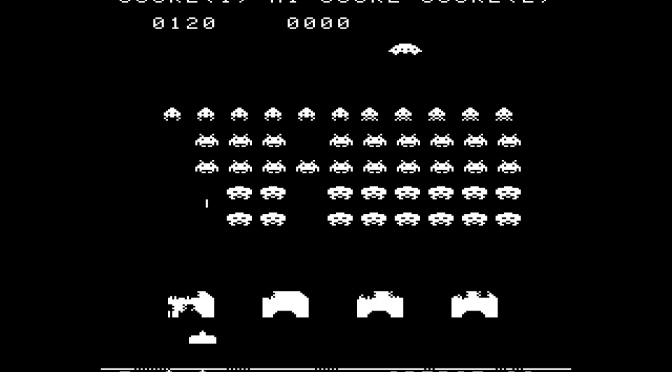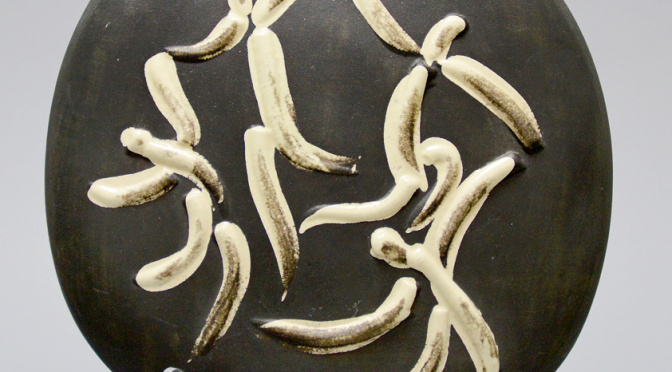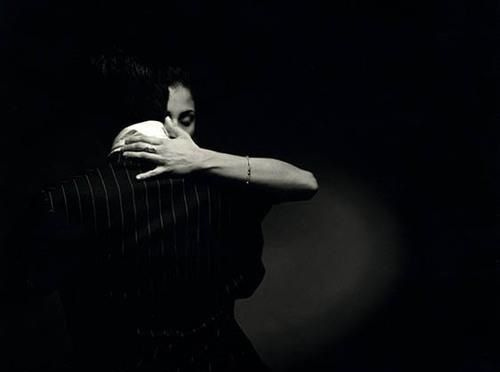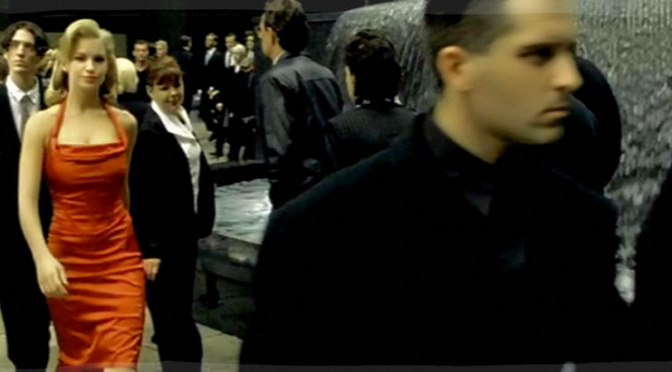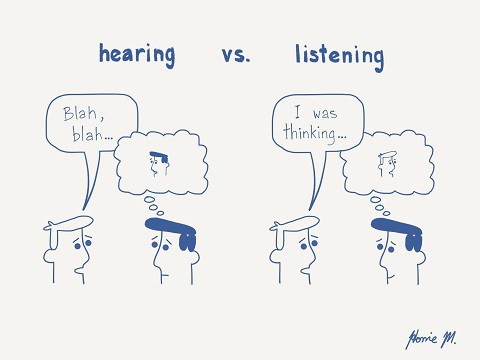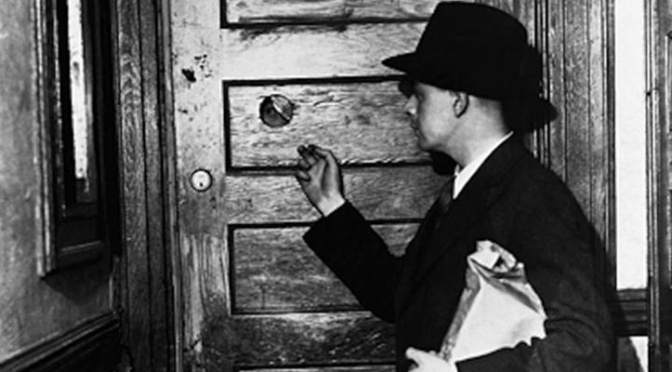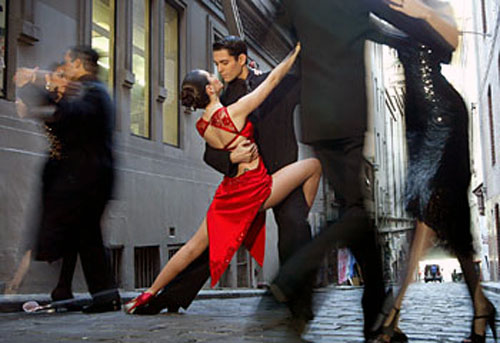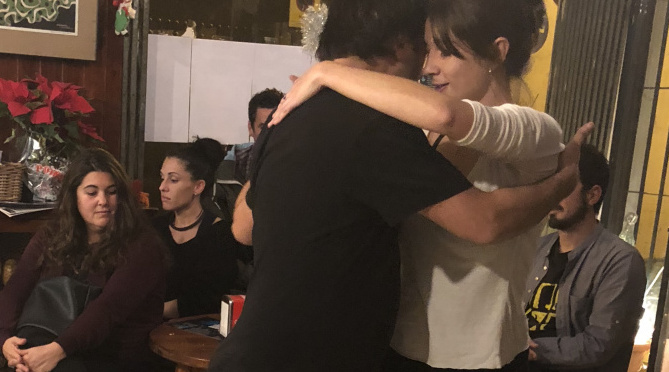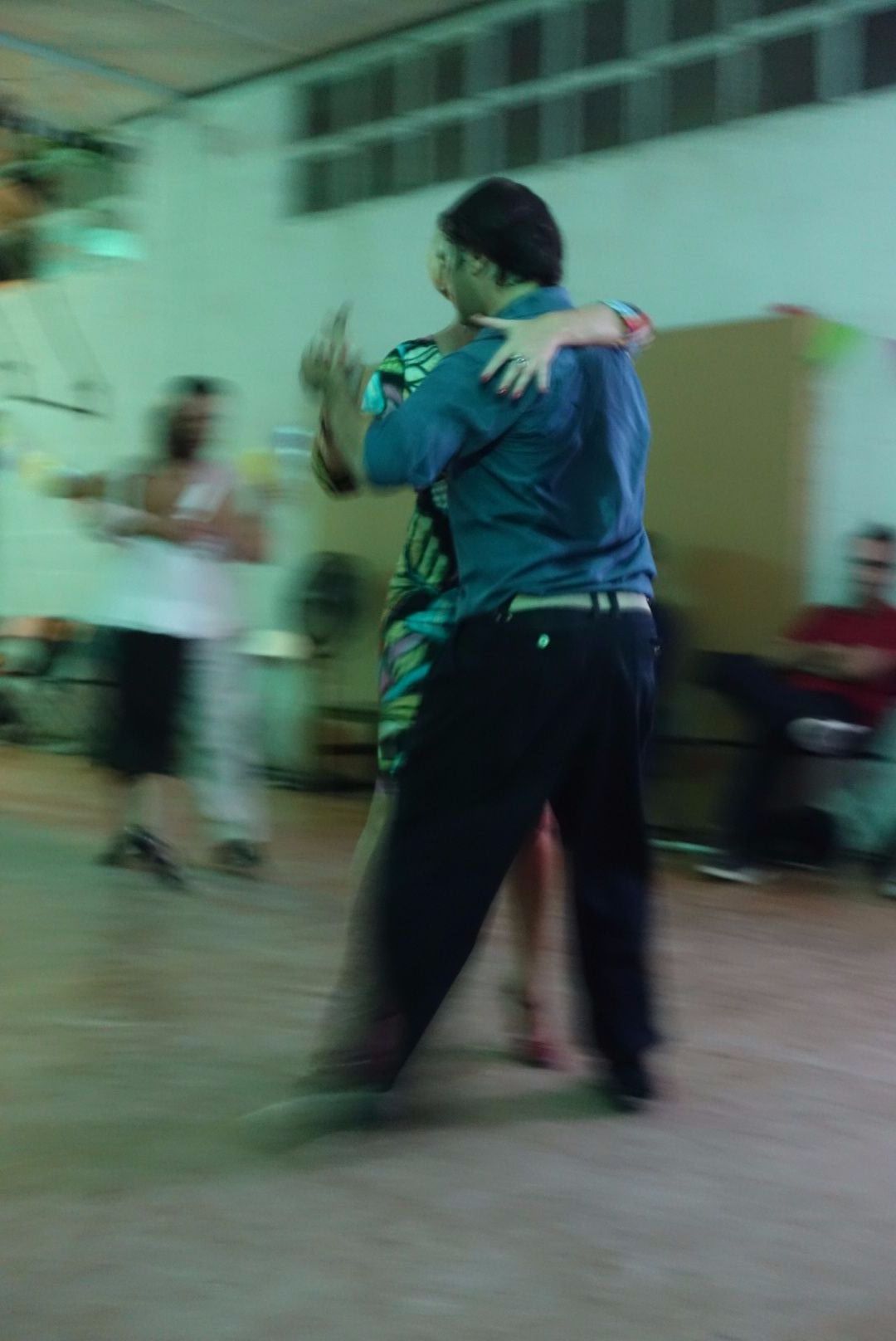I am a tango student and I travel to a distant world. And back. Every week.
It is at the opposite end of my universe from my world and is known as Walthamstow.
I go there again and again because there is a force there. Someone who is becoming a mentor to me and who has such a deep understanding of Tango that I will cross the universe every week on my crippled southern rail star fighter just to try again, and fail again – because that is what I need to do and that is where she is.
She – more than any mortal – just tells you the truth. If you have the strength to take it – believe me it is what you need to hear.
Recently she has been killing my space invaders.
- I invade her space when I simply stand – my left hip is too high so I tilt to my right to compensate – of course into her space because that is where she is.
- I move around her – and over anticipating I tilt to my right – into her space.
- My shoulders come forward – into her space.
- She walks perfectly into my embrace and at the last moment I glance at her – unfortunately invading her space. Zap!
- My connection is too high by about half an inch – she can never get to a perfect axis on her forward step – because – I am invading her space. Zap!
She is a goddess – she hates space invaders. They take away her ability to be her, to create. I come with an army of parasitic space invaders and they upset her. So she is helping me to destroy them – one at a time.
Lightsabers don’t actually go ‘Zap’ – they do something else. But I can’t spell it.
What she actually does for an hour and a half is to patiently take me apart, explain it, manipulate me – show me in both roles – and help me to put it back together again in the way it should have been in the first place.
It is a painful process – and agonisingly slow. Because I am mortal.
“Do. Or do not. There is no try.” — Yoda
So after 5 and a half years of studying Tango I am back concentrating on side steps, back steps and suspensions – and getting everything wrong.
But for 90 minutes at least a goddess is holding me and giving me the smallest glimpse of what might be – if only I can find the force within me. And with her leading the way – perhaps I can.
Her name is Bianca Vrcan.

